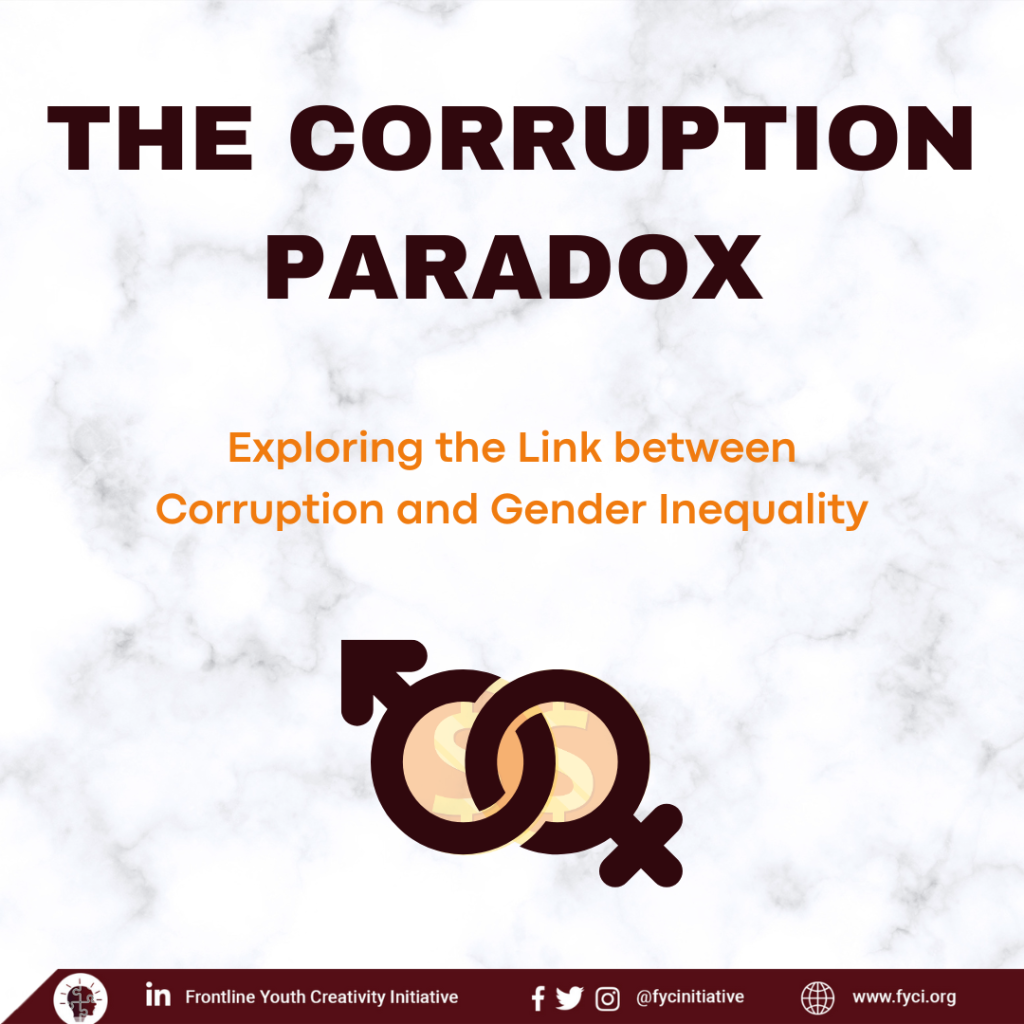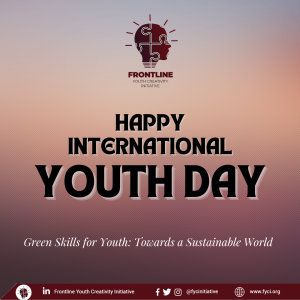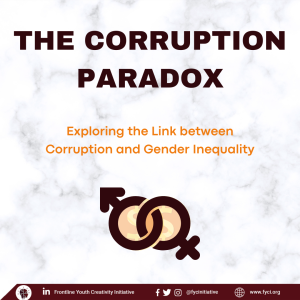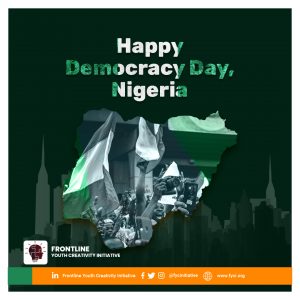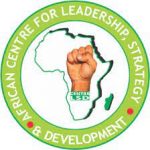The corruption paradox
In 2019, the BBC aired the #SexforGrades documentary highlighting the power imbalances between university lecturers and their female students. The documentary uncovered lecturers in Nigeria and Ghana who harass their female students sexually, asking for sexual favors in return for grades. While most cases of sexual harassment in universities go unreported, this wasn’t the first time a Nigerian lecturer would be called out. In 2018, Richard Akindele, a professor at the Obafemi Awolowo University, was sentenced to two years imprisonment for sexual harassment offenses. Corruption isn’t always about money, and sexual corruption is one of the many appearances of corruption.
Corruption can be defined as the improper use of a public office in exchange for private gain. Corruption in every form endangers democracy, equality, the rule of law, ethical values, and justice.
Corruption tends to affect people differently relative to a range of factors, including gender, context, race, socioeconomic status, power relations, and vulnerability. Women experience, perceive, and suffer from corruption differently than men because corruption and gender inequality are closely interlinked.
Double discrimination
Gender refers to the socially constructed differences between men and women, which may influence social and economic activities as well as access to resources and decision-making.
Undoubtedly, unequal power relations make women more vulnerable to the impact of corruption. Women have unique vulnerabilities that arise from gender inequality, which exposes them to the effects of corruption. Corruption also serves to reinforce social, cultural, political, and institutional discrimination, which women confront in their daily lives.
Many forms of gender inequality are closely linked to high levels of corruption; hence, the interconnectedness of corruption and gender is a vicious cycle.
Unravelling the hidden consequences
Every form of corruption constitutes a heavy burden for women. On account of their vulnerabilities, women are affected by forms of corruption that manifest as sexual extortion, human trafficking, corrupt legal systems, and systemic corruption that reduces public revenue.
Sexual corruption is an appalling form of corruption where sex is an informal currency. Women are often compelled and victimized to give bribes in the form of sexual favors, especially in situations where there are uneven power dynamics. In corrupt societies, women’s rights often go unprotected and are strongly affected when dealing with matters of marriage, divorce, child custody, domestic abuse, land and property ownership, rape, etc. Additionally, when judiciaries are corrupt, justice can be bought at the highest price, leaving the rights of women trampled on.
According to a report by the United Nations Office on Drugs and Crime (UNODC), most human trafficking victims are women and girls. Corruption also reduces public revenue, often resulting in lower levels of government spending on education, healthcare, and other social services -– all of which are integral to the quality of life of women.
Mismanagement of public services, offices, and funds generates enormous consequences that hit women the hardest.
The way forward
Like Ngozi Okonjo-Iweala expressed, fighting corruption is dangerous, and it is even more dangerous to turn a blind eye to corruption. It is indeed dangerous to ignore gendered corruption. To fight corruption that is intertwined with gender inequality, a gendered perspective and a rights-based approach must be adopted. Additionally, women should be involved in anti-corruption strategies. By involving women in anti-corruption initiatives, we can harness the full potential of women as change agents in the fight against corruption and work towards building a more just and equitable Nigeria for all.

